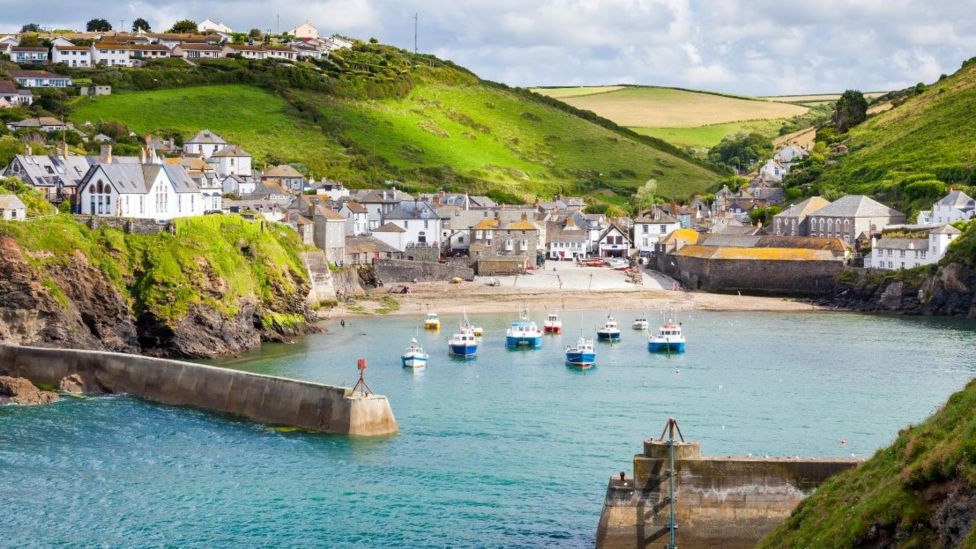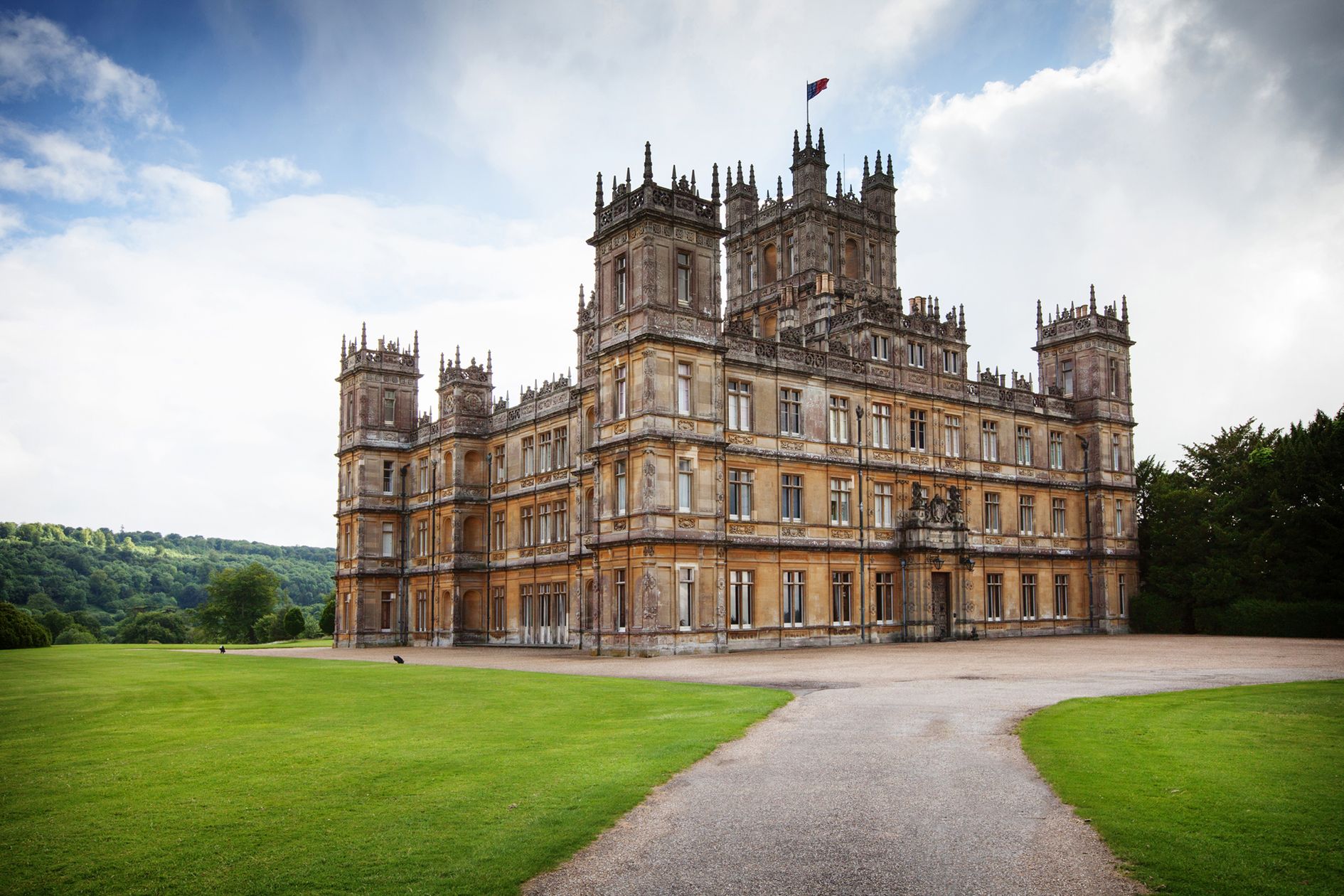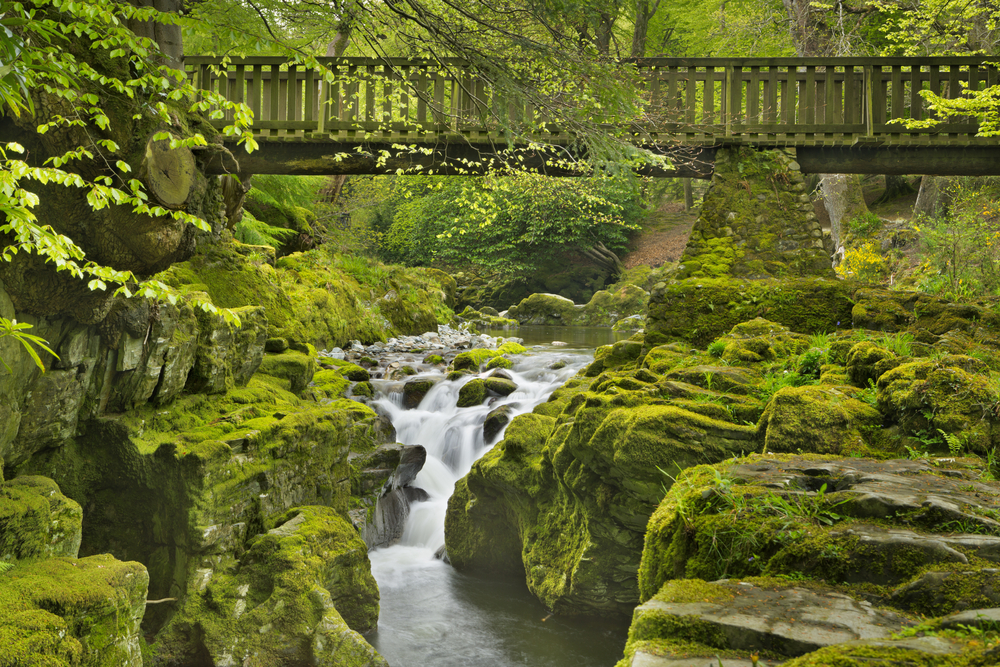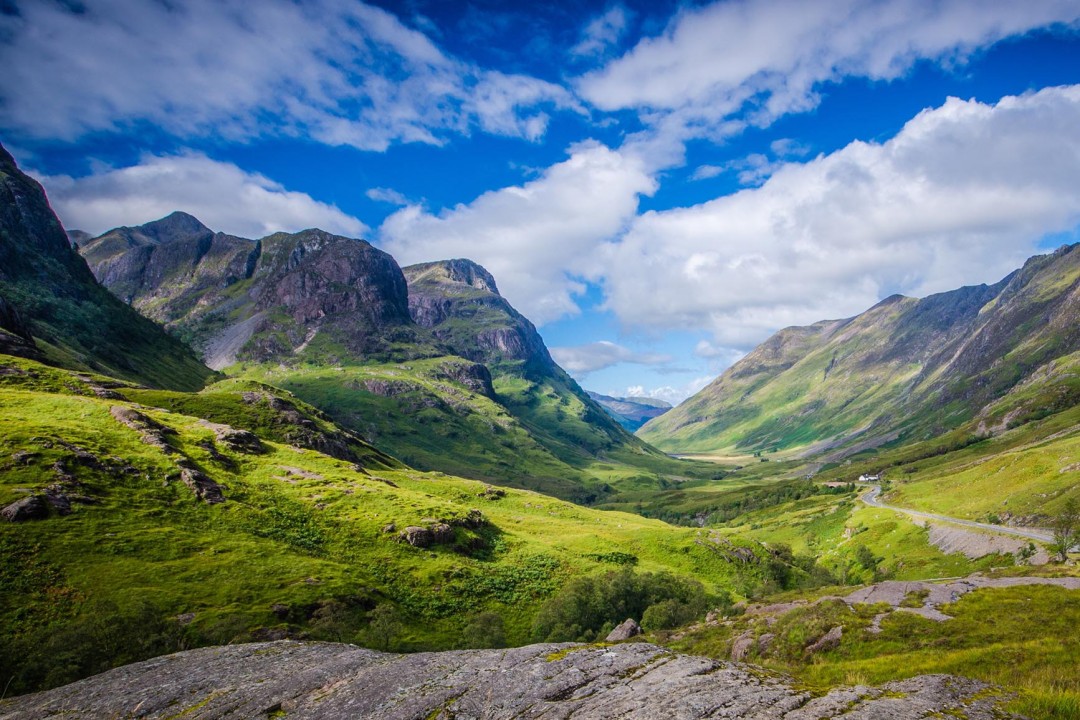The lead-up to the school summer holiday is a time of excitement and planning for many as they look forward to hopping on a plane to the sunshine. But 2022 has been somewhat different for a lot of holidaymakers – cancelled flights, chaotic scenes at airports and the cost-of-living crisis means many families are choosing to stay in the UK this summer.

In 2020 and 2021 holiday plans were scrapped, but we had high hopes or a return to normal for summer 2022. However, recent research conducted by Europcar Mobility Group found that Brits are not feeling sorry for themselves but are instead making the most of the change of plans. Almost half of UK adults have opted for a vacation on home soil this summer, and three quarters (76%) of people would inject some glamour into their staycation by visiting a film or TV set.

The British Isles has a huge variety of landscapes and stunning scenery, much of which has featured in our favourite British TV shows and films. The most popular film set destination is Harry Potter’s Hogwarts – the iconic Alnwick Castle in Northumberland. Doc Martin’s hometown, Port Isaac, has also inspired viewers to become visitors, and the real Downton Abbey, Highclere Castle, continues to be a highly popular choice for those wishing to get up close and personal with their favourite aristocratic family and their household staff.

Thanks to Game of Thrones and James Bond: Skyfall, Northern Ireland and the Scottish Highlands are high on the priority list for visitors, as are the stately homes of London, as featured in Bridgerton.

When it comes to naming favourite staycation spots, it comes as no surprise that Cornwall comes top (31%), followed by the Scottish Highlands (15%) and Devon (11%), as the locations for both Doc Martin and James Bond’s Skyfall.

Whether you are travelling with your family, as a couple or alone, the car you need is waiting for you! Because life is all about making memories, and what better way to do so than with a road trip?
¹ Research conducted by Censuswide between 30th June 2022 and 4th July 2022 to a sample comprised 2,004 UK adults





